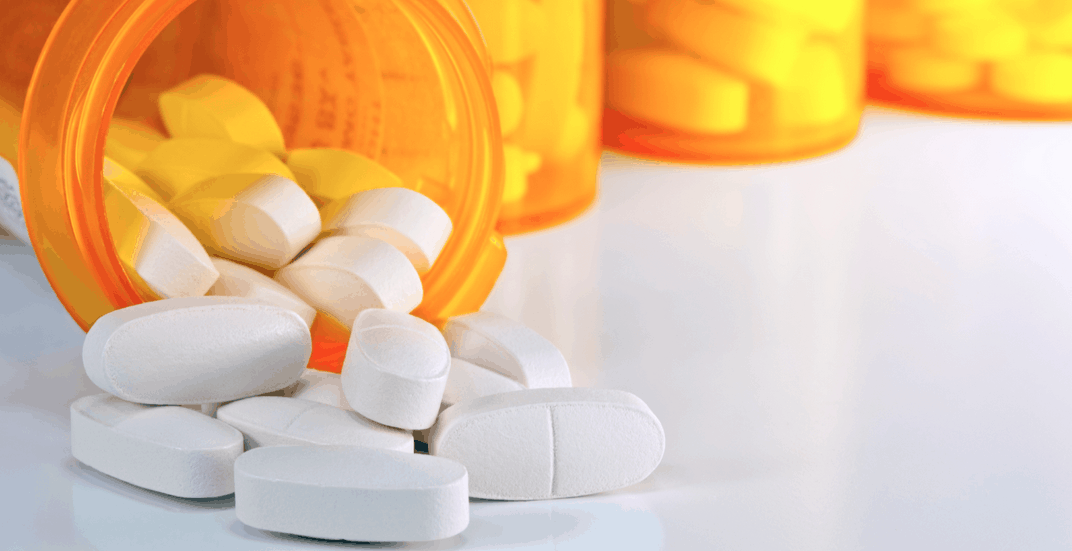Let’s say you’ve been experiencing symptoms of benign prostatic hyperplasia (BPH) —you know, urinary frequency, painful urination, dribbling, urinating during the night—and your doctor confirms the diagnosis. Then he or she whips out a prescription pad to write a script for one of several drugs for BPH on the market.
If you’ve done your homework, you’d know at least nine reasons why you want to avoid drugs for BPH, and now is the time to discuss the side effects of drugs for enlarged prostate with your doctor so together you can arrive at an alternative treatment plan.
Before we list the nine reasons you want to avoid drugs for BPH and the side effects of drugs for enlarged prostate, let’s quickly review the five drug categories doctors turn to when prescribing drugs for BPH.
- Alpha-blockers. The drugs in this category relax the muscles in the prostate and the neck of the bladder so urine can flow more easily. Alpha-blockers include alfuzosin (Uroxatral), doxazosin (Cardura), silodosin (Rapaflo), tamsulosin (Flomax), and terazosin (Hytrin).
- 5-alpha reductase inhibitors. These drugs block the conversion of testosterone to dihydrotestosterone, which in turn slows the growth of the prostate and may cause it to reduce in size. Drugs in this category include dutasteride (Avodart) and finasteride (Proscar).
- Anticholinergics. Two drugs used for BPH in this category are oxybutynin (Ditropan) and tolteridone (Detrol). Anticholinergics can help with urge incontinence, urinary frequency, and urinary urgency, especially when they are not adequately reduced with alpha-blockers.
- Phosphodiesterase 5 inhibitor. The erectile dysfunction drug approved for treating BPH is tadalafil (Cialis), which relieves urinary symptoms such as urinary frequency, weak urine stream, and urinary urgency.
- Combination treatment: One combination drug is in this category: dutasteride plus tamsulosin (Jalyn). Studies showed that although each of the drugs helped reduce BPH symptoms, the combination of the two drugs reduced more symptoms and also reduced prostate volume by 25%.
Here are nine reasons to avoid taking drugs for and enlarged prostate.
- Erectile dysfunction is one of the major side effects of drugs for enlarged prostate. The 5-alpha reductase inhibitors block the conversion of testosterone to dihydrotestosterone, which helps reduce the size of the prostate, but which can also result in sexual dysfunction, including erectile dysfunction.
- Sexual dysfunction. In April 2012, the Food and Drug Administration (FDA) announced labeling changes for finasteride to include warnings that use of the drug may cause libido disorders, ejaculation disorders, and orgasm disorders, as well as have an impact on male infertility and/or poor semen quality.
- Abnormally low blood pressure. You risk experiencing abnormally low blood pressure if you take drugs for erectile dysfunction (e.g., Cialis, Levitra, Viagra) along with alpha-blockers.
- Increased risk of prostate cancer is one of the side effects of drugs for enlarged prostate. In June 2011, the Food and Drug Administration (FDA) added a prostate cancer warning specifically for an increased incidence of high-grade prostate cancer associated with the use of finasteride and dutasteride. The new information was based on the FDA’s review of two trials that evaluated daily use of finasteride versus placebo for 7 years and daily use of dutasteride versus placebo for 4 years. Although use of both drugs showed an overall reduction in lower risk forms of prostate cancer, there was an increased incidence of high-grade prostate cancer.
- Flu-like symptoms. Use of alpha-blockers is associated with flu-like symptoms, including nasal congestion, headache, fatigue, dizziness, and fainting.
- Retrograde ejaculation is one of the side effects of drugs for enlarged prostate. This possible side effect of alpha-blockers occurs when semen goes into the bladder instead of leaving the penis during orgasm. Although retrograde ejaculation is not a serious health problem, it can cause male infertility.
- Breast enlargement. Use of 5-alpha reductase inhibitors may cause a man’s breasts to enlarge because of the drug’s effect on hormones.
- Acute urinary retention. There is a risk of acute urinary retention—an inability to urinate–if you take anticholinergics to treat symptoms of BPH. Acute urinary retention is a medical emergency that requires immediate treatment.
Natural options for enlarged prostate treatment
There are natural therapies for BPH that may allow you to bypass use of drugs and reduce the side effects of drugs for enlarged prostate. These options should be discussed with your healthcare provider. They include nutrition, supplements, exercise, hormone management, and stress management.







